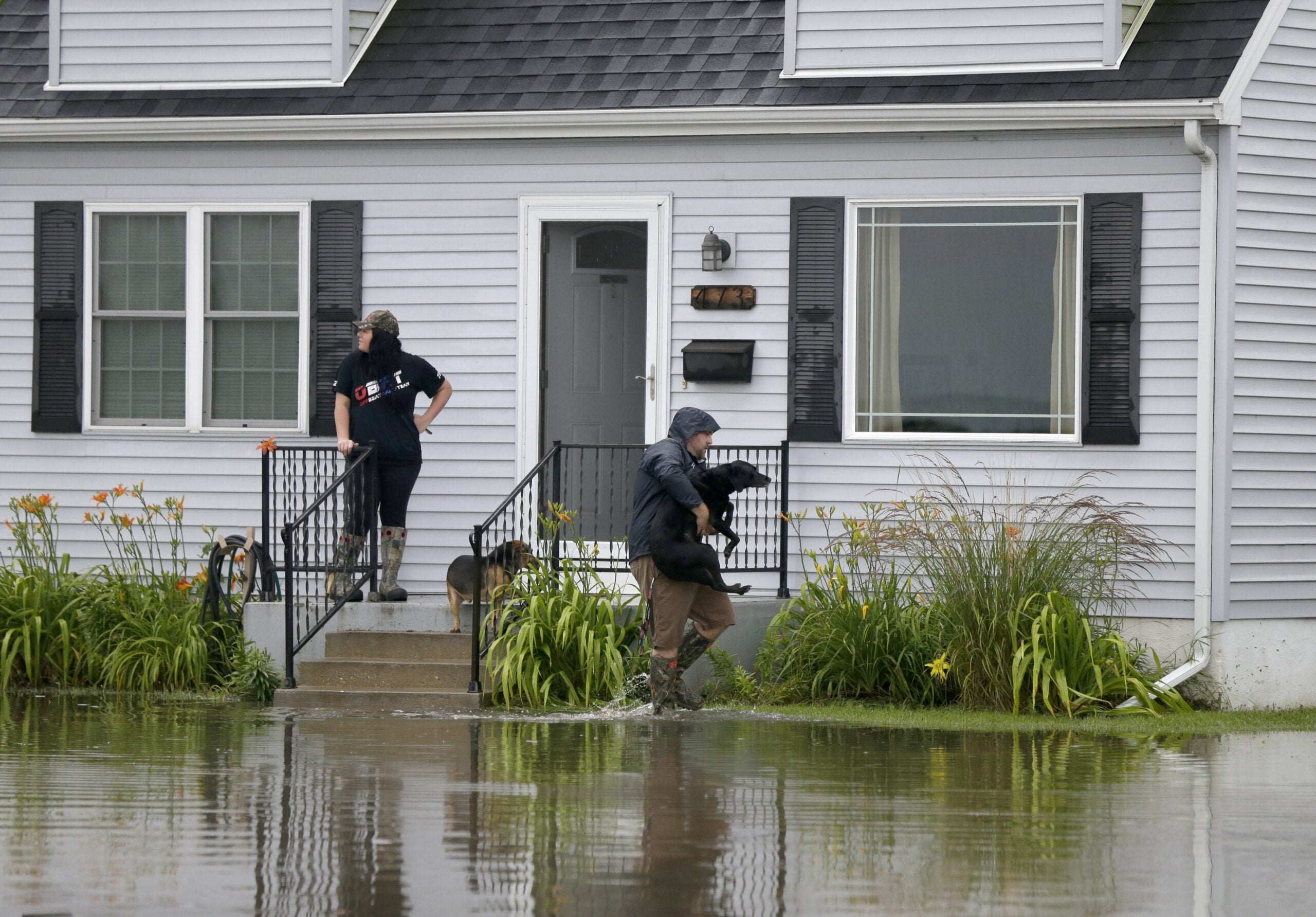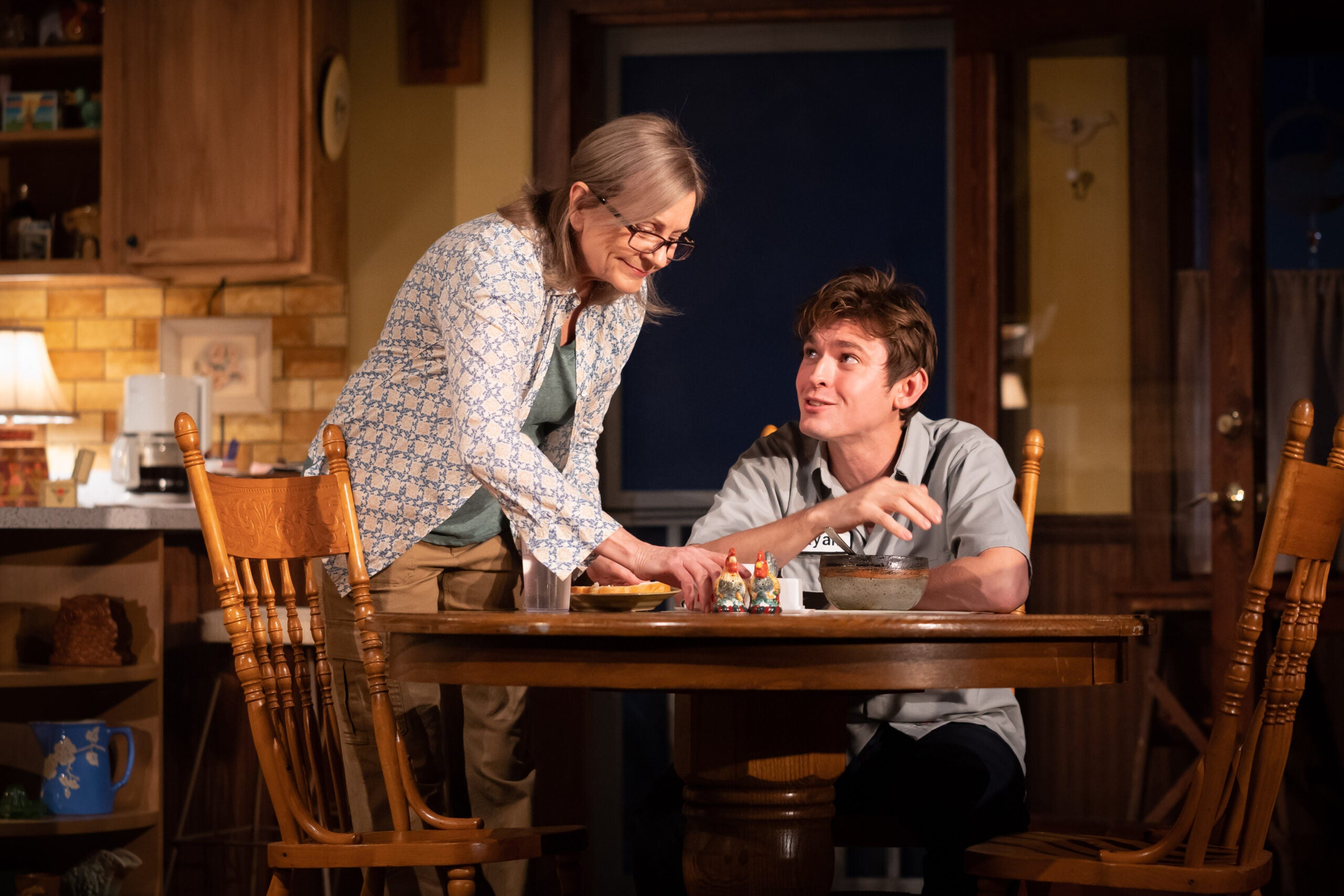Rising levels of inequality have made economic tensions a major issue in our politics, but could wealth disparity also cause a constitutional crisis? Our guest author says it’s a real possibility, as the American government was built on the idea of economic opportunity and a middle class. We also learn about the man behind the natural areas movement, that has preserved fragile pieces of nature too small to be designated as state or national parks. And we take a look at a new gun safety coalition being formed by Assemble Democrats.
Featured in this Show
-
New Coalition For Gun Safety Hopes To Tackle Gun Violence
Three state Assembly Democrats held a press conference this week to announce the formation of a new coalition aimed at preventing gun violence.
Reps. Terese Berceau, Melissa Sargent and Lisa Subeck, all of Madison, held the press conference Monday to announce the formation of the Wisconsin Coalition for Gun Safety.
Subeck said the group’s goal is to make sure people can live in a safe environment.
“At the core, this coalition is about bringing people together who want to ensure that our families can move forward in a safe community, who can have the opportunities that safety affords them,” Subeck said.
“Across the country and here in our state we have seen gun violence reach an epidemic proportion, and so in so many ways the time is now,” said Subeck, who represents Wisconsin’s 78th Assembly District. “We are hearing here in the Capitol from our constituents and from groups that they are fed up with gun violence.”
The coalition includes state lawmakers, physicians, clergy and social workers.
“We have a number of organizations that represent a number of different disciplines and groups, and I think that is so important, because if we are going to solve the problem of gun violence, it is going to take people from all walks of life, and with all versions of expertise on public health and safety,” Subeck said.
The group will do more than advocating for laws, Subeck said.
She said that while the coalition is new and is still developing how it’s going to tackle gun violence, they’ve come up with four key methods by which they wish to reduce gun violence: community engagement, legislative action, policy reform and collaboration.
“So much of preventing gun violence is not just done through the passing of good, commonsense laws, but it is also done through education, it’s done through legislative action, and of course policy reform and bringing people together,” Subeck said.
-
Assembly Democrats Form Gun Safety Coalition
In response to what they see as a lax policy surrounding guns, Assembly Democrats have joined state advocacy groups to form a new gun safety coalition. We speak with Assembly Representative Lisa Subeck (D-78) about the goals of the group.
-
The Hidden History Of The Natural Areas Movement And Its Founder
Here in Wisconsin, we’re quite familiar with the work of many conservationists – Aldo Leopold, Gaylord Nelson, Sigurd Olson – but there’s another name that should be right up there with all of them: George Fell, who launched the movement to preserve natural areas too small or fragile to qualify as state or national parks. That’s according to a guest author, who shares George Fell’s story, and the impact his work is still having today in his home state of Illinois and beyond.
-
How Income Inequality Could Destabilize The U.S.
The middle class in the United States has long been considered the backbone of the country. But as income inequality becomes more common and ingrained in the U.S., the middle class is becoming more threatened. Law Professor Ganesh Sitaraman joins us to talk about the growing divisions between the classes and why it could threaten the stability of the country.
-
Author Hopes Name Of Another Great Midwest Conservationist Will Become More Widely Known
The Midwest is home to the Great Lakes, millions of acres of forests and a multitude of native species and plants. So it’s no surprise it has also been the home of some of the world’s most accomplished conservationists.
Wisconsinites are particularly familiar with the likes of Aldo Leopold, Gaylord Nelson and Sigurd Olson who respectively helped establish environmental ethics, founded Earth Day and helped draft the Wilderness Act.

Arthur Melville Pearson. Courtesy of University of Wisconsin PressHowever, there’s another pioneer in conservation who hails from the Midwest, but may have less name recognition. At least until now.
In a new book published by University of Wisconsin Press, “Force of Nature: George Fell, Founder of the Natural Areas Movement,” Arthur Melville Pearson explores George Fell’s life and legacy as a conservationist.
Fell, a native of Rockford, Illinois, was instrumental in establishing protections for the thousands of natural areas that scatter the Midwest today, Pearson said.
After World War II, Fell was “appalled” as he began to see the natural prairies, woodlands and waterways of his native Illinois being vastly developed into housing and farmland, Pearson said.
So Fell began a lifelong effort to find a way to protect the scattered natural areas that may be considered too small to become a state or national park, said Pearson, who is the director of the Chicago program at the Gaylord and Dorothy Donnelley Foundation.
Fell quickly found the idea of state-sponsored preservation beyond state parks and forests was not very popular, Pearson said, noting Fell spent decades trying to garner political support both in Illinois and in Washington, D.C.
Eventually, Fell focused his efforts on a group called the Ecologists Union, which was essentially “a loose band of academics who believed in protecting natural areas but really didn’t know how to do it,” Pearson said.
Under Fell’s leadership, the organization was transformed into what is now known as The Nature Conservancy, which today has more than 1 million members in 72 countries.
“This is where George really started to shine, because what he insisted upon doing was putting this infrastructure into place to make sure that this loose band of ecologists could grow into a national-scale organization,” Pearson said.
“He was also very adept at building a strong membership base, a very large membership base, believing that if you got a lot of people interested and supportive of nature, that would bring in more money, it would get more political support.”
Eventually, those efforts led to success. In Illinois, Fell finally saw legislation be passed to protect natural areas. The Illinois Natural Areas Preservation Act was first passed in 1963 and later amended.
Pearson said the legislation led to similar acts being passed nationwide.
Today in Wisconsin alone, there are nearly 700 protected natural areas.
Without Fell, Pearson said he believes the landscape of the Midwest would look quite different today. Because of that, he said he hopes Fell gets more widespread recognition in the world of nature conservancy.
“George Fell is one of those guys (who) really should be up there with the Aldo Leopolds and the John Muirs,” Pearson said. “He created an entire movement and an incredibly important chapter in the history of conservation.”
Episode Credits
- Rob Ferrett Host
- Veronica Rueckert Host
- J. Carlisle Larsen Producer
- Chris Malina Producer
- Lisa Subeck Guest
- Arthur Melville Pearson Guest
- Ganesh Sitaraman Guest
Wisconsin Public Radio, © Copyright 2025, Board of Regents of the University of Wisconsin System and Wisconsin Educational Communications Board.


